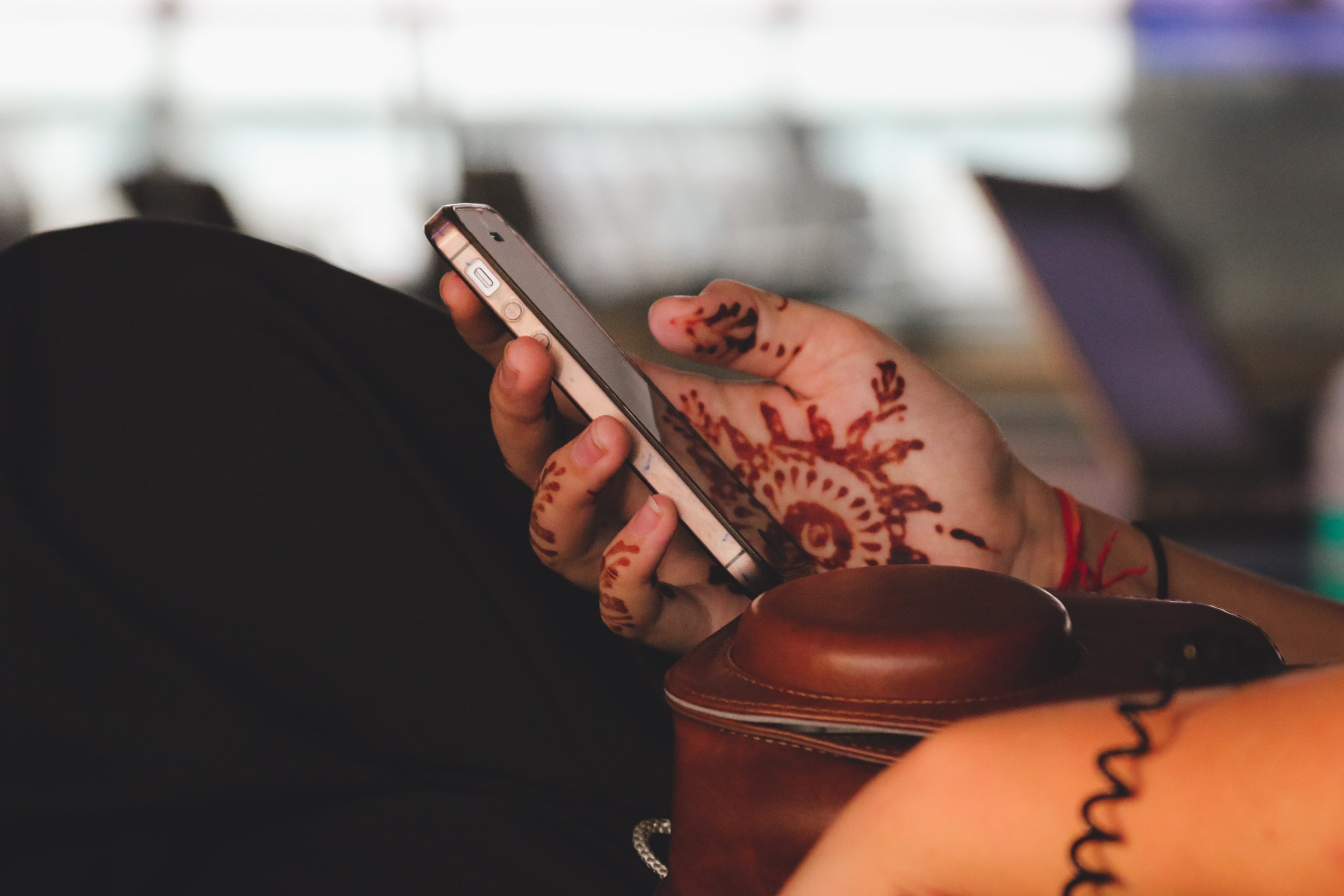India is a globally important market for the social media platform Twitter. Even though in absolute numbers its 23 to 24 million users is small compared to the size of the population of what is now thought to be the world’s most populous country, it is believed to be the platform’s third biggest market after the US and Japan.
Recent events relating to India and Twitter should therefore be taken in context of the country’s importance for Twitter’s owner, Elon Musk.
Even before Musk’s takeover of Twitter in October 2022, Narendra Modi’s government has not been slow to ask the platform to remove content which it disagrees with.
India has been in the top five nations that have asked Twitter to remove content or block accounts for the past three years. In its July 2022 transparency report, Twitter said that 97% of the total global volume of legal demands for such removals in the last half of 2021 originated from five countries: Japan, Russia, South Korea, Turkey, and India.
You could argue that because Twitter has so many users in the country, this is inevitable. However, the US does not feature in this list despite being the biggest market.
The Indian government clearly has a problem with what its critics are saying on Twitter.
In line with the worsening situation for media freedom in the country, India frequently clamps down on what the media is able to say on Twitter. In the last half of 2021, India was the country making the highest number of legal demands relating to the accounts of verified journalists and news outlets, some 114 out of a total of 326 for the period, comfortably ahead of Turkey and Russia.
A new onslaught on what Indians are saying on Twitter may have opened up last week. On 6 April, an amendment to India’s Information Technology Act came into force which now requires social media platforms to fact-check any post relating to the Indian government’s business with the Press Information Bureau, a “fact-checking” unit that is part of the country’s Ministry of Information and Broadcasting.
The threat to social media platforms who do not comply with this is that they would then no longer be protected by the country’s safe harbour regulations under which they are currently not liable for what their users post.
The Indian digital liberties organisation Internet Freedom Foundation says it is “deeply concerned” by the amendments.
It said in a statement: “Assigning any unit of the government such arbitrary, overbroad powers to determine the authenticity of online content bypasses the principles of natural justice, thus making it an unconstitutional exercise. The notification of these amended rules cement the chilling effect on the fundamental right to speech and expression, particularly on news publishers, journalists, activists, etc.”
Twitter has long published details of how it handles requests from governments. In the event of a successful legal demand, such as a court order, Twitter follows these rules if it is required to delete individual tweets or an entire account. Typically these rules relate to a single country.
Under Musk’s ownership, these rules look as though they are changing.
Indian investigative journalist Saurav Das wrote recently about discovering that a number of his tweets had been removed and that they were not available worldwide. He told Scroll.In that tweets relating to Union Home Minister Amit Shah had been removed worldwide, not just in India.
The tweets seem relatively benign, although Das says he cannot remember exactly the context around posting them.
Can Twitter allow the Indian government to sit in judgement over content that it may deem fit for blocking in America, or any other country apart from India? Because Twitter has clearly blocked access to the tweets on “legal demand” from India, as can be seen from this ss. pic.twitter.com/F7YhgWCWs8
— Saurav Das (@OfficialSauravD) April 8, 2023
Tweeting on 9 April in response Das said, “Can Twitter allow the Indian government to sit in judgement over content that it may deem fit for blocking in America, or any other country apart from India?”.
He added, “If this global restriction of content on behest of a country’s govt is ignored, this will open a whole new chapter of censorship and prove disastrous for free speech and expression.”
Twitter’s actions seem to fly in the face of its stated policy – pre-Musk ownership – towards India. In 2021, Twitter said that it would only block content and accounts within India and said it would not do so for “news media entities, journalists, activists, and politicians”. That scope now appears to have changed.
I asked Twitter’s press team for a statement on the case and received an automated email containing just a poop emoji. This has been a common response from Twitter’s press email since Elon Musk’s takeover, when the press team was significantly reduced.
During Elon Musk’s surprise interview with the BBC this week, Musk was asked about the issue of censorship of social media in India in the wake of the country banning the BBC’s documentary on Narendra Modi. Musk said: “The rules in India for what can appear on social media are quite strict, and we can’t go beyond the laws of a country…if we have a choice of either our people go to prison or we comply with the laws, we’ll comply with the laws.”





